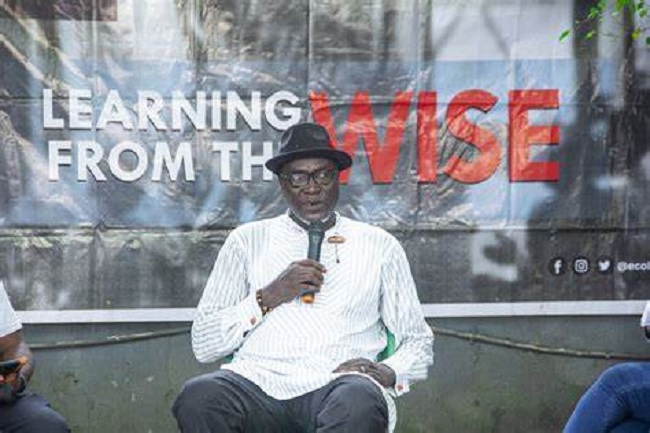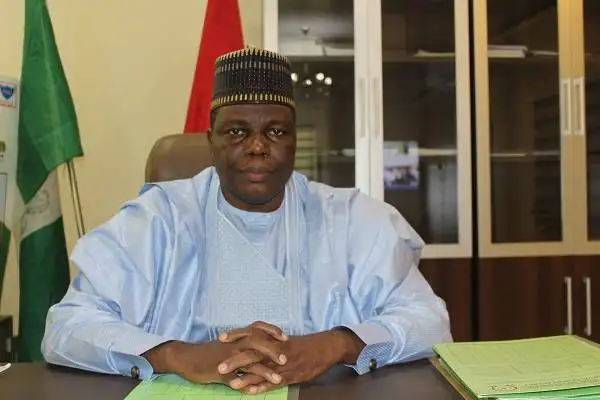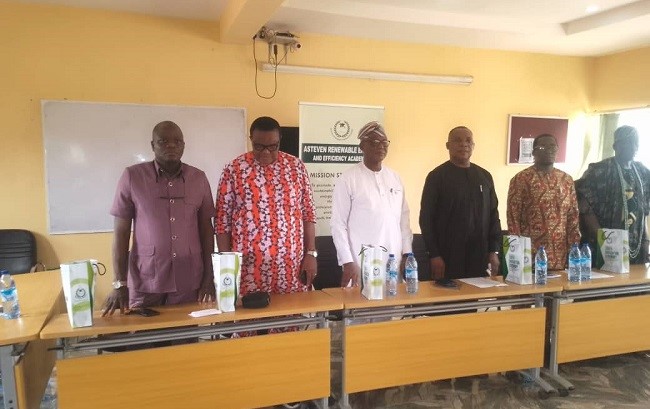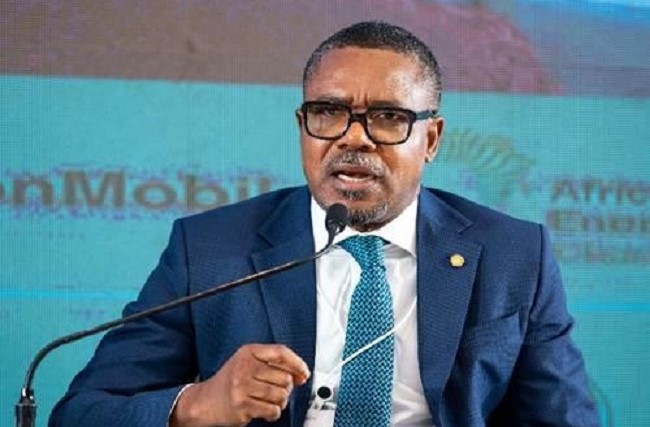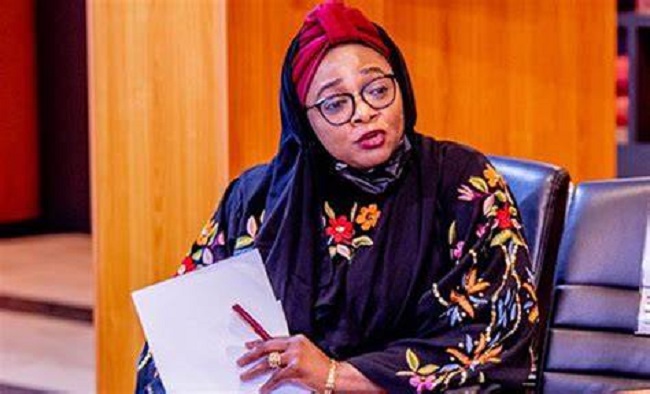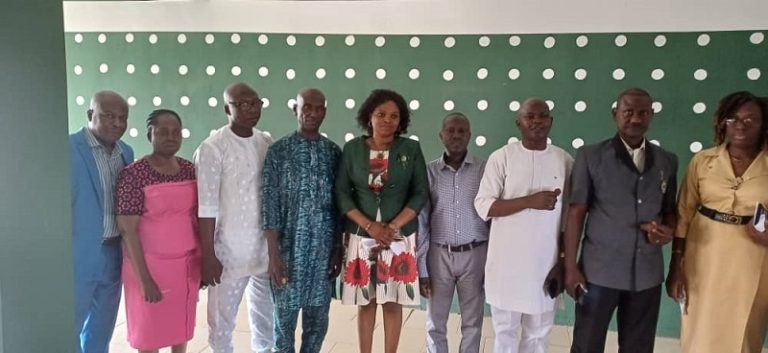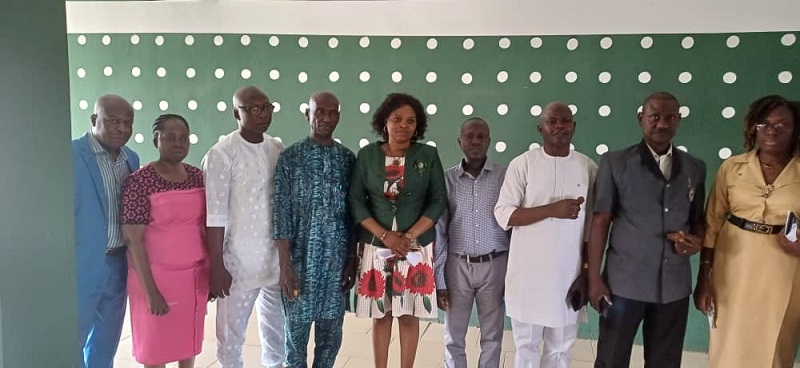The Energy Commission of Nigeria (ECN) has restated its commitment to ensuring the use of energy efficient air conditioners with climate friendly refrigerants.

The commission said that the air conditioner which is climate friendly be used in residential, commercial and public buildings.
Dr Mustapha Abdullah, Director-General of the commission, made this known at a stakeholder’s workshop on Tuesday, March 4, 2025, in Abuja.
Abdullahi said that the workshop is to showcase project achievements and present the content of the approved air condition minimum energy performance standards.
According to Abdullahi, the use of energy efficient air conditioners aligns with Nigeria’s climate targets in the Nationally Determined Contribution (NDC).
Abdullahi said that the Commission in partnership with the UN Environment Programme (UNEP) is implementing the project titled “Scaling up Energy-Efficient and Climate-Friendly Cooling in Nigeria’s National Determined Contribution Revision”.
“This is supported financially by the Clean Cooling Collaborative (CCC). The ECN has been implementing the Project since 2022,
“We are committed to its objectives of accelerating the use of energy efficient air conditioners with climate friendly refrigerants aligning with Nigeria’s climate targets in the NDC.
“I want to express my gratitude to Standards Organisation of Nigeria (SON) for the support given to the Project Team in the review of the minimum energy performance standards (MEPS) for air conditioners (ACs) under this Project, as this was one of the major deliverables of the Project.
“I have been informed that the new MEPS for ACs has been approved by the Federal Government of Nigeria.
“The implementation and enforcement of this landmark standard will bring both economic and environmental benefits to the nation as this will lead to energy savings for individuals and national savings for the country,” Abdullahi said
He said that the developments would lead to reduction in energy demand and increase energy access.
The D-G also said that there is the need to communicate the success made in the project to the Nigerian public and also showcase its achievements to stakeholders.
The workshop is organised by ECN in partnership with Standards Organisation of Nigeria (SON) and United Nations Environment Programme (UNEP)
Mr. Jose Carbajosa, UNEP representative, in his remark said that the project’s overall goal is to accelerate the use of energy-efficient air conditioners with climate-friendly refrigerants.
Carbajosa said that improving the energy efficiency of air conditioners and promoting the use of low global warming potential refrigerants will have significant environmental and climate change benefits.
“With Nigeria’s new Minimum Energy Performance Standards for air conditioners, the stage is set to have 11.5 TWh of energy annually by 2040.
“This is a game change for Africa, and it will allow Nigeria to be a leading example in the continent,”
“The success of this project was anchored on the principles of inter-organisational collaboration. I want to encourage all the agencies that were involved to continue with this synergetic spirit,” Carbajosa said.
Dr Okeke Ifeayi, Director General of SON, said that the organisation has been working with ECN and others to ensure the standardisation of the air conditioners.
The SON DG was represented by the Group Head, Electrical Electronics, Lawal Ismaila, who said that SON has two certification schemes; for goods imported and for local manufacturers.
He also said that the gases from the old model air conditioners are not ozone and environmentally friendly.
By Collins Yakubu-Hammer

